4 Estate Planning Actions Everyone Should do Right Now
- Organize your documents
- Write down your living directives
- Write down and name your beneficiaries
- Get you will started!
Organizing Documents
Your loved ones won't know where you keep your documents. Give your family "The Key."

Organizing your finances is a great way to help you save time and money as well as offer peace of mind for you and your family.
Keeping track of all your accounts, paper statements, insurance documents, bills, wills, old tax returns, business documents, and more can seem daunting.
Record keeping should be simple. The main priority is to create a system that is easy to follow.
You can store your documents in file cabinets, boxes, or bins, a digital filing system on your computer, or using a cloud storage system.
This is where your letter of instruction comes in. You should create a “key” to your important financial records and make sure someone you trust has possession of it. Your financial key is simply a list of where your important papers and files are and who to call for more information about them.
As a Freeman Capital client, you will have access to your own secure document vault through our planning platform. We can help you get all of these important documents organized and be able to help your loved ones if something tragic happens to you.
Living Directives
Going beyond the Will. The importance of living directives.

Source: npr
Over the past few weeks, we have discussed the importance of planning for what happens when you die. Today, we want to talk about the importance of planning for when you are still alive but may not be capable of making decisions. What happens then? Who do you want to communicate on your behalf?
Living wills and other advance directives are written, legal instructions regarding your preferences for medical care if you are unable to make decisions for yourself. Advance directives guide choices for doctors and caregivers if you're terminally ill, seriously injured, in a coma, in the late stages of dementia or near the end of life.
Advance directives aren't just for older adults. Unexpected end-of-life situations can happen at any age, so it's important for all adults to prepare these documents.
We are providing a checklist to help you keep track of your progress creating your important estate planning documents. Click here to get your checklist: Estate Planning Checklist
Naming Beneficiaries
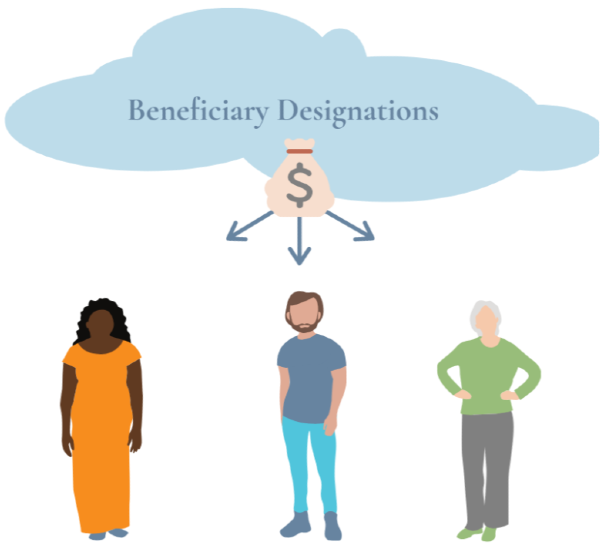
We talked about the importance of having your will in place last week, and this week, we want to talk about beneficiaries. Because sometimes, a will is not enough.
When you have investment or retirement accounts, there is something called naming your beneficiaries – they can be your children, your wife, or any other loved ones. This is because not ALL assets upon your death are disbursed through your will.
The two most important are your retirement funds and your life insurance policies. Those two investment planning vehicles allow for naming of beneficiaries that will actually supersede your will. This avoids any unfortunate issues when you pass away, because accounts that do not have named beneficiaries have to go through probate – a process where a judge will decide who gets what. This can delay the benefits getting to those who need them by months or even years.
Make sure you've named your beneficiaries clearly and properly, so you can keep your loved ones out of an unfortunate (and sometimes expensive) process. We can help you double check and make sure these are up to date, and you should update them after every major life change at a minimum.
Got a Will?
You got a will?

Yeah, not that Will. In November, we are committing to giving you estate planning tips to help you with your generational wealth. Why? And what is it?
Investopedia defines estate planning as “the preparation of tasks that serve to manage an individual's asset base in the event of their incapacitation or death. The planning includes the bequest of assets to heirs and the settlement of estate taxes. Most estate plans are set up with the help of an attorney experienced in estate law.”
In normal people terms? It’s the proper way to plan to leave your stuff to loved ones when you die, legally.
For our community, even more important than generating wealth is passing it to the next generation (check out this article by xoNecole for a more in-depth explanation). Basically, if we wanna close the racial wealth gap, learning how to effectively pass wealth to our loved ones in the most tax-efficient way is a major hurdle to cross.
Having your affairs in order is probably something you have thought about doing, but put it off. Because we don't have plans on dying this week, right?
It's so easy to ignore estate planning along with all the other stuff we got going on, but if you don't at least have your will in place, you should.
Read More - The Top Estate Planning Articles




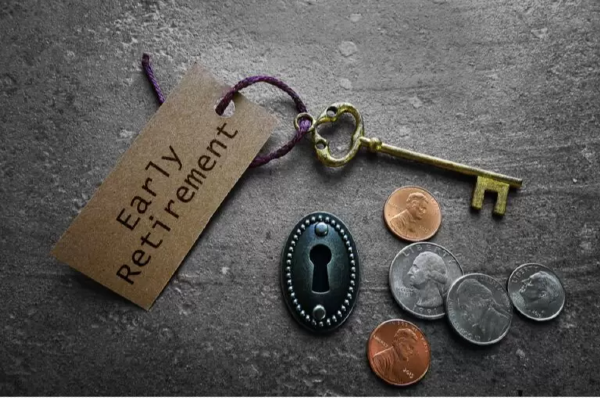










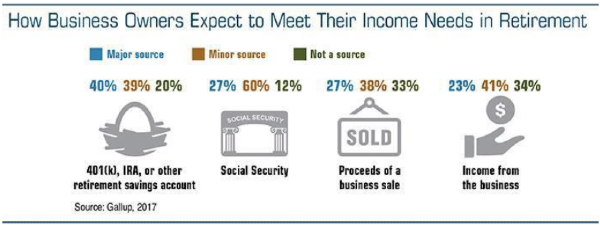

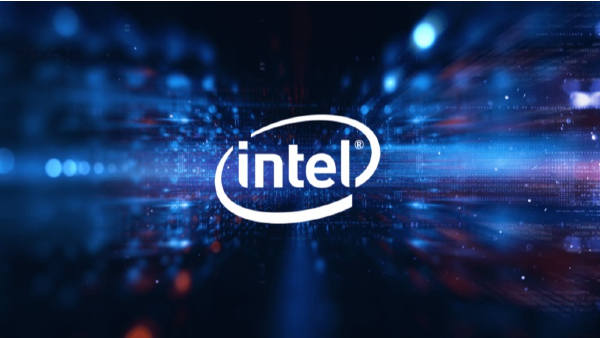
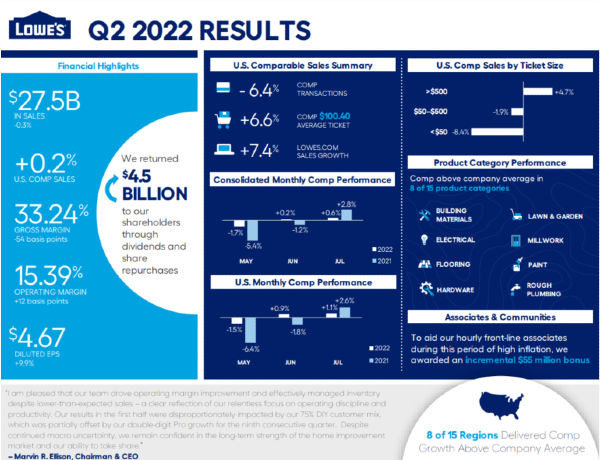
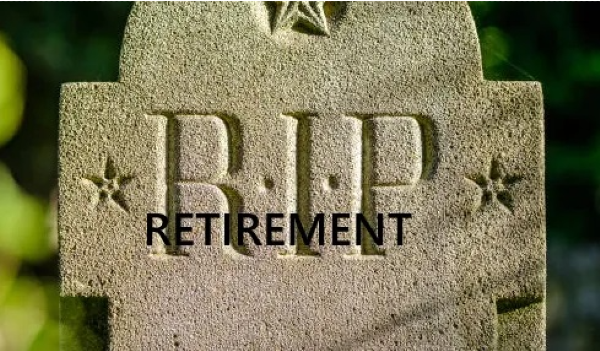


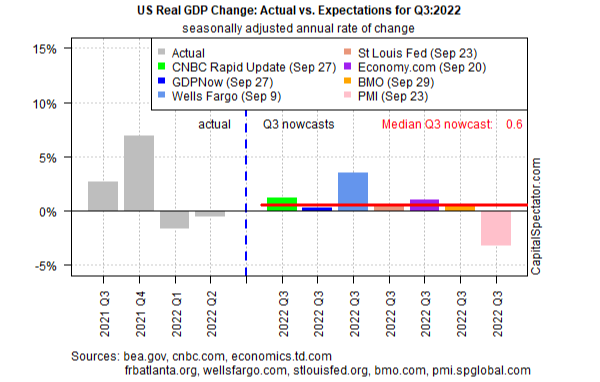
4 Estate Planning Actions Everyone Should do Right Now
Organizing Documents
Your loved ones won't know where you keep your documents. Give your family "The Key."
Source: 123rf
Organizing your finances is a great way to help you save time and money as well as offer peace of mind for you and your family.
Keeping track of all your accounts, paper statements, insurance documents, bills, wills, old tax returns, business documents, and more can seem daunting. Record keeping should be simple. The main priority is to create a system that is easy to follow.
You can store your documents in file cabinets, boxes, or bins, a digital filing system on your computer, or using a cloud storage system.
This is where your letter of instruction comes in. You should create a “key” to your important financial records and make sure someone you trust has possession of it. Your financial key is simply a list of where your important papers and files are and who to call for more information about them.
As a Freeman Capital client, you will have access to your own secure document vault through our planning platform. We can help you get all of these important documents organized and be able to help your loved ones if something tragic happens to you.
Living Directives
Going beyond the Will. The importance of living directives.
Source: npr
Over the past few weeks, we have discussed the importance of planning for what happens when you die. Today, we want to talk about the importance of planning for when you are still alive but may not be capable of making decisions. What happens then? Who do you want to communicate on your behalf?
Living wills and other advance directives are written, legal instructions regarding your preferences for medical care if you are unable to make decisions for yourself. Advance directives guide choices for doctors and caregivers if you're terminally ill, seriously injured, in a coma, in the late stages of dementia or near the end of life.
Advance directives aren't just for older adults. Unexpected end-of-life situations can happen at any age, so it's important for all adults to prepare these documents.
We are providing a checklist to help you keep track of your progress creating your important estate planning documents. Click here to get your checklist: Estate Planning Checklist
Naming Beneficiaries
Source: Beacon Pointe
We talked about the importance of having your will in place last week, and this week, we want to talk about beneficiaries. Because sometimes, a will is not enough.
When you have investment or retirement accounts, there is something called naming your beneficiaries – they can be your children, your wife, or any other loved ones. This is because not ALL assets upon your death are disbursed through your will.
The two most important are your retirement funds and your life insurance policies. Those two investment planning vehicles allow for naming of beneficiaries that will actually supersede your will. This avoids any unfortunate issues when you pass away, because accounts that do not have named beneficiaries have to go through probate – a process where a judge will decide who gets what. This can delay the benefits getting to those who need them by months or even years.
Make sure you've named your beneficiaries clearly and properly, so you can keep your loved ones out of an unfortunate (and sometimes expensive) process. We can help you double check and make sure these are up to date, and you should update them after every major life change at a minimum.
Got a Will?
You got a will?
Source: Throwback
Yeah, not that Will. In November, we are committing to giving you estate planning tips to help you with your generational wealth. Why? And what is it?
Investopedia defines estate planning as “the preparation of tasks that serve to manage an individual's asset base in the event of their incapacitation or death. The planning includes the bequest of assets to heirs and the settlement of estate taxes. Most estate plans are set up with the help of an attorney experienced in estate law.”
In normal people terms? It’s the proper way to plan to leave your stuff to loved ones when you die, legally.
For our community, even more important than generating wealth is passing it to the next generation (check out this article by xoNecole for a more in-depth explanation). Basically, if we wanna close the racial wealth gap, learning how to effectively pass wealth to our loved ones in the most tax-efficient way is a major hurdle to cross.
Having your affairs in order is probably something you have thought about doing, but put it off. Because we don't have plans on dying this week, right?
It's so easy to ignore estate planning along with all the other stuff we got going on, but if you don't at least have your will in place, you should.
Read More - The Top Estate Planning Articles